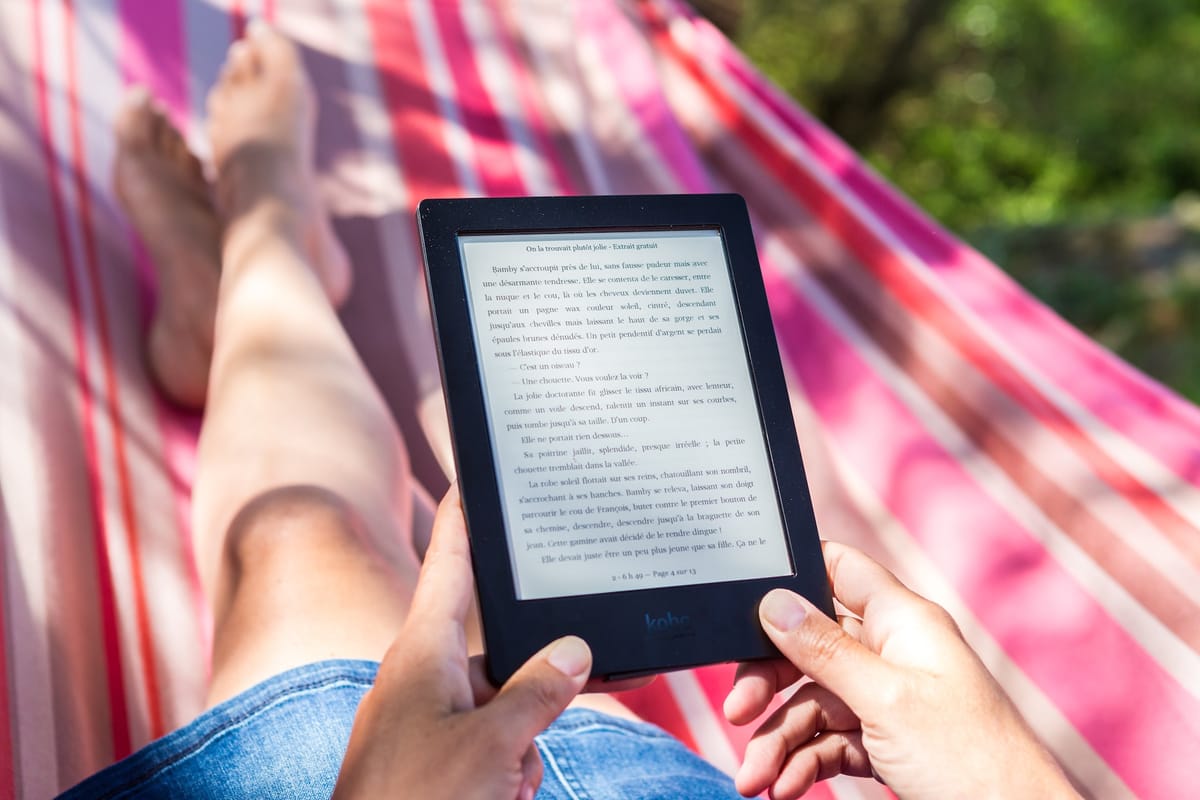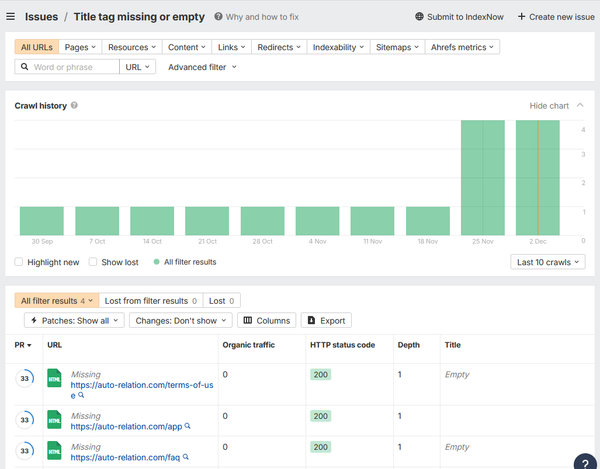The Merits of Slow Reading
Makes an argument that quantity matters little when it comes to reading

Most of us would agree that reading is a good way to spend our time. It certainly beats browsing on social media or watching TV. I use Goodreads to keep track of the books that I am reading and my reviews for these books. I recently got a notification from them to join the 2022 Reading Challenge. The idea of this challenge is to motivate us to read more books; by setting a target of how many books we want to read in a year.
This brought me back to something I have been thinking about for a while: if there is merit in reading faster and reading more books. Personally I think I have been a moderately fast and consistent reader, probably finishing around 15-20 books a year. It is not uncommon though to hear of far more impressive exploits from influencers, who will claim to read 5 books a week or being able to finish reading a book in just a few hours.
I think this is very much a reflection of our modern, capitalistic and productivity obsessed world: that to have/do more things is good, to get more done/do things faster is good. In earlier times, books were a much priced commodity, and even a wealthy household would only possess a limited selection of these precious assets. In consequence, books were read multiple times, were consumed in different ways - for instance by doing an evening reading to the family -, and I assume no one felt any urge to read them as fast as possible.
I wonder if, with our ability to have access to so much more knowledge and information, we have dramatically expanded what each of us know (especially when being a regular consumer of books) - but at the cost of our knowledge becoming shallower. Sure, after we breeze through a book, we will remember a few key points. The mammoth share of what the book may have to offer will be lost to us though. Wickedly, we won't even be aware of this, since we rarely become aware of what we forget.
If we picture a learned person, we picture someone who has read many books. But I wonder what would be the minimal number of books one has to read to still be considered learned. For instance, if I know Thinking Fast and Slow by Kahneman really, really well, may this alone make me someone who is considered to have a good layman's knowledge of psychology and decision making? Imagine I could recite the examples from the book, remember the names of authors for key studies and even their publication date (for full disclosure, I can't). Would this be more impressive than laying claim to having read over a hundred self help books, from each of which I remember very little?
I tend to think that reading a few good books very deeply results in more valuable knowledge. Not just to appear to be a 'learned' person, but to be more knowledgeable and wiser than we would be otherwise. This is a sentiment that was shared by Nietsche who lived in times much less busy than ours. He advised to "read well: i.e. slowly, profoundly, attentively, prudently, with inner thoughts, with the mental doors ajar, with delicate fingers and eyes.".
I have recently been doing some reading and (self) experiments in the realm of memory techniques. And I think part of reading a book deeply means to remember more of what we read. I believe though there is no magic mnemonic technique we can employ to read things rapidly and still absorb the knowledge that is on offer - even if some pundits may want us to believe otherwise. I think that true, deep learning takes time, and there is no shortcut for this, with the exception that generally the more we know about something, the easier it is for us to learn more about it.
The principle that learning something truly and deeply takes time does not just apply to reading books; I think it also applies to learning and writing. My wife recently learned how to do programming, and she spent a lot of time on just one course: The Complete JavaScript Course by Jonas Schmedtmann. But giving this one course its due time enabled her to become able to understand coding and write code; something that many of her peers struggled with - notwithstanding having finished the same course, just way faster.
Personally I have been trying to read books more slowly recently. To spend more time revisiting, organising and rereading them. For instance, I reread many parts of The Art of Thinking Clearly by Rolf Dobelli in order to write my review for this book. I have also started to make myself remember the names I come across in fiction books (and very unwisely chose Rotherweird by Andrew Caldecott to begin with this; a story with a great many principle characters) and concepts from non-fiction books. Forcing myself to remember (and checking if I actually do) has dramatically slowed down my reading progress. I think I have yet to see if this a good approach or not, but, for now, am happy that I didn't join the 2022 Goodreads challenge and thus can take things at my own pace.





